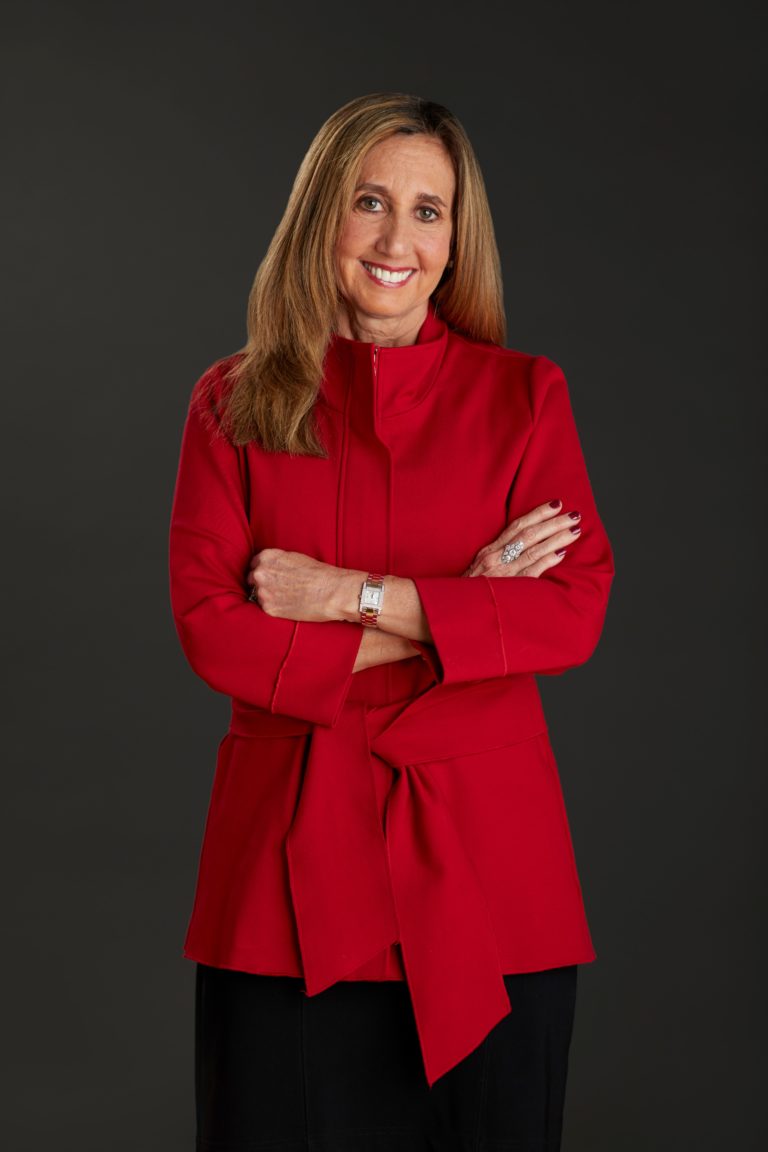
Laurie Havanec is EVP and chief people officer for Otis Elevators.
Culture and core values like respect and inclusion have long been cornerstones of the talent experience at Otis Elevators. But the events of 2020 have prompted the consumer services organization to reinforce its “commitment to change.”
“The urgent problems of injustice and racism coupled with the events that have unfolded in the U.S. and around the world over the past few months dictated that there was more to be done at Otis—and across the communities where we live and work,” says Laurie Havanec, Otis executive vice president and chief people officer.
Related: Otis Elevator’s CHRO shares lessons learned from unprecedented times
As racial inequality has been thrust into the spotlight since the police killing of George Floyd and other unarmed Black people in the past few months, many employers have stepped up with statements and strategies for enhancing workplace diversity and inclusion. At Otis, the company released a Commitment to Change—a multipoint pledge to advance social justice within and outside the organization—which, Havanec says, will help the organization hold itself accountable for real action.
“We felt an immense responsibility to speak out and commit to think in new ways, address these wrongs and to define the company we want to be—and need to be—for our colleagues,” Havanec says. “We aim to lead the change by engaging our global workforce to make this happen.”
See also: Can HR ban politically focused face masks?
Havanec says the pledge is focused on action and transparency, providing a framework to “enact meaningful change moving forward.” Among the steps included in the document are pledges to:
- Conduct a companywide review for potential biases in hiring, compensation, professional development and other business practices.
- Enhance learning around anti-racism, unconscious bias and inclusion.
- Create an advisory group, Perspectives on Inclusion, to ensure transparency and hold Otis accountable for achieving measurable D&I goals.
- Diversify the talent pipeline through community and business partnerships, with an ongoing focus on STEM and vocational education.
- Embed social justice and racial equality in philanthropic efforts.
- Expand mental health and wellbeing programs and policies.
The Commitment to Change—which was signed by President and CEO Judy Marks and all members of its executive leadership team—was released to the company’s 69,000 employees in July and later announced publicly.
“It’s important to highlight that we developed and shared these commitments with our employees first and later made the decision to communicate publicly,” Havanec says. “To me, this speaks to the intent and our accountability—the belief that real change can start with us.”
Related: This is HR’s time to ‘influence and use our voice’
Despite the ongoing disruptions of the pandemic, Havanec says, the Commitment to Change directly supports one of HR’s top priorities: “to continue to strengthen our company culture and advance our progress with diversity, equity and inclusion.”
“We are in early days,” she says, “and we know lasting, meaningful change won’t happen overnight, but we are acting now.”
*
Learn more when Dr. Tolonda Tolbert delivers a keynote titled “Culture Matters: How to Interrupt Systemic Discrimination From the Top Down and Bottom Up” at virtual HR Tech, set for Oct. 27-30. Click here to register.